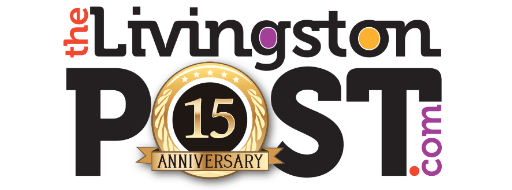
I cringe when I hear most descriptions of millennials today. They’re often described as lazy, narcissistic, selfie-lovers who seem to be more interested in their phones than real human connections. Snowflakes. Trophy kids. Entitled.
But even worse than the stereotypes and name calling, adults who claim to have our kids’ best interest at heart have missed the mark on what’s going to ensure their future success. Spoiler alert: having them “suck it up” isn’t the answer.
Often, parents or grandparents will say to me: In my generation, we got a job and worked hard. It wasn’t always about being happy. It was about providing for yourself and your family. You could pursue your passions in your free time. Finding your purpose?
“I didn’t have that luxury,” people quip.
But purpose shouldn’t be a luxury. Innovative teaching and learning shouldn’t be a luxury. And it certainly shouldn’t be reserved for the most gifted, able or privileged youth. Purpose is the means by which we unlock opportunities for all students. We should be excited by students’ desire for a more fulfilling life, not critical of it.
We’ve become so obsessed with test scores and rankings, we’ve forgotten what education is all about: engaging students in meaningful work.
And the research shows us we need to think and act differently if we want students to be engaged, and to help them find their purpose, because most schools are losing them. A Gallup poll of nearly a million students found that only half of adolescents report feeling engaged in school, and a fifth are actively disengaged. About 10 percent of students are classified as both disengaged and discouraged. Student engagement levels show a consistent decrease as students get older, bottoming out in grade 11.
As a director of school leadership, I see first-hand the loss in engagement as our children progress through their education and the impact it has on their success, which is why it’s more critical now than ever we help our students find meaning behind how they spend their school days.
When we implemented a purpose-based curriculum called Project Wayfinder, I was cautious. I was concerned it reinforced the trope of the white, privileged youth “finding themselves” while they backpacked through Europe. On the surface, purpose might seem that it’s only for privileged youth who can afford to question, travel and experiment.
But purpose in education — and life — is about so much more than that. Curricula like Project Wayfinder gives students the tools to explore their passions, skills and values, and then challenges them to think about how those areas of their lives intersect to form a sense of purpose. In other words, students have to think about their identity, how it is formed, what values they have adopted because of — or in spite of — their place in the world, and how those values dictate their path in life.
And educators need to think about it too. How do they reinforce the misconception that hard work and meaningful work are unrelated?
Education is no longer one-size-fits-all. Students can learn through project-based learning, blended learning, online learning, and yes, purpose-based learning. Experiencing a different educational environment helps students make more informed and thoughtful decisions that will lead them to more successful futures. It requires students to examine the why behind the decisions they make so they can save themselves from making ill-fitting choices that cost them time, money and unhappiness.
Educators and parents need to stop thinking students need to “master the basics” before they can engage in a different kind of learning. Mastering the basics is usually code for “performs well on standardized tests.” Students gain valuable literacy and numeracy skills through project-based learning. Students learn time management, independence and self-regulation through blended learning. And through purpose-based learning, students explore how social sciences can help us understand and advocate for human rights in every aspect of our lives.
Students may need to perform well on tests to reach certain life goals, but there are many paths to help them get there. And I hope along one of those paths, each and every student will find their purpose and make this world a place where doing what you love is celebrated.
